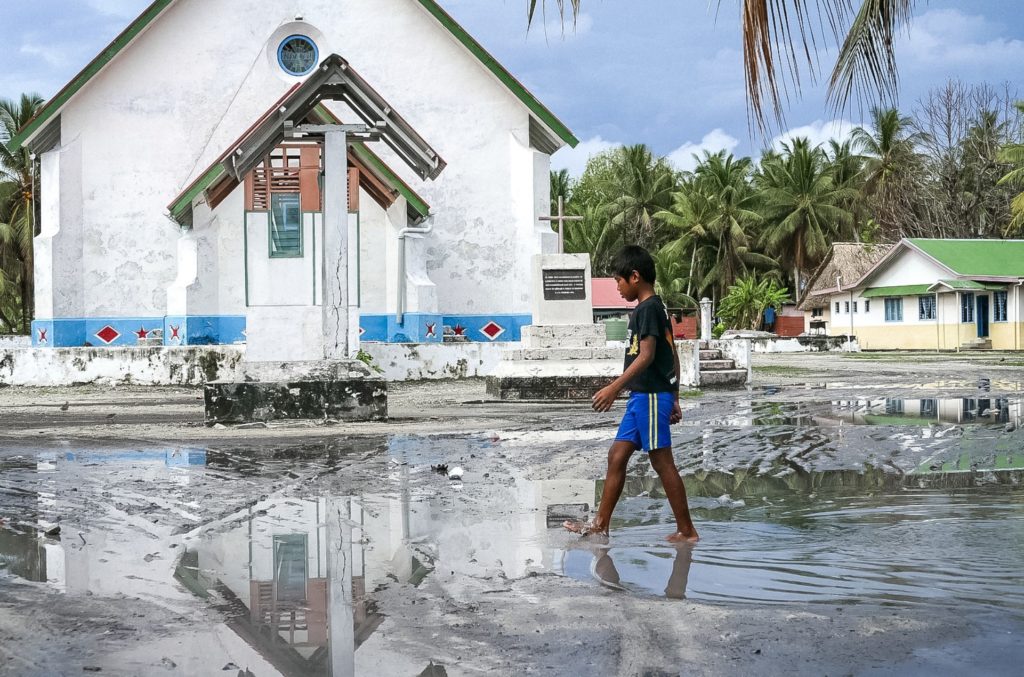
Technology and climate change are shaping the future of inequalities
A new generation of inequalities is threatening human development. Global progress in the reduction of extreme deprivations has resulted in an increasing convergence in basic

A new generation of inequalities is threatening human development. Global progress in the reduction of extreme deprivations has resulted in an increasing convergence in basic
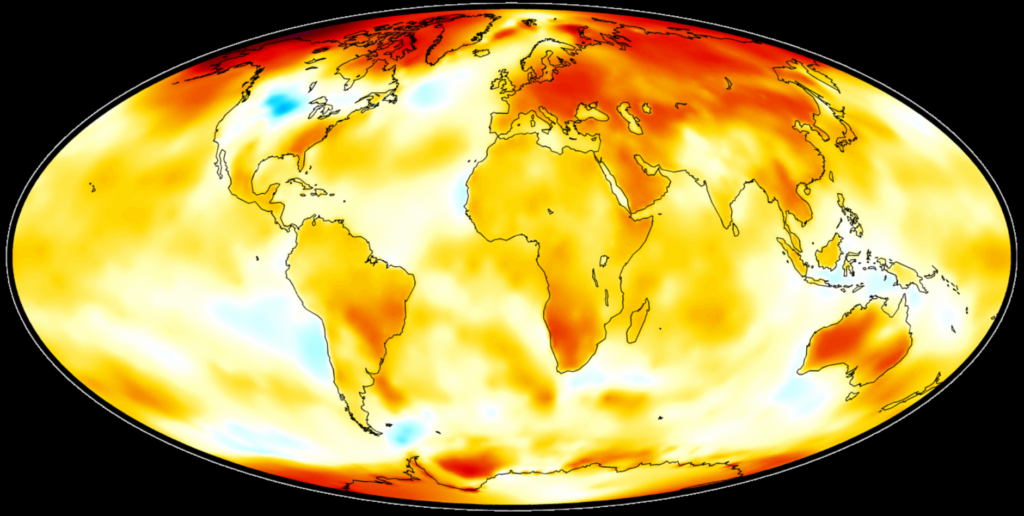
It sounds like a refrain we are quite used to, as it has been happening for 40 years: the last decade was not only hotter than the previous one but also the hottest on record. And it looks as if things are not going to change in the immediate future. However, some clues show that the last decade’s legacy can act as a springboard for the change we need in the next one.

“It’s not about avoiding the risks. It’s about taking a fantastic opportunity.” Let’s see the bigger picture and seize the moment: costs, assessments, and solutions

Climate change will have a growing influence on the stability of the banking system, potentially contributing to future financial crises. A new paper published in Nature highlights the detrimental effects of climate change on the banking system, adding to established literature on the effects of climate change on economic growth and productivity of labour. However, financial regulation authorities can act to reduce climate-related risks by implementing targeted measures.

Responding to a changing climate can be both a challenge and an opportunity. A new policy paper published in the journal Science advocates a strategic and managed climate retreat, curbing new developments in at risk areas and shifting the focus from ad hoc disaster measures to efficient and equitable retreat strategies.

There are currently 64 million forced migrants in the world fleeing wars, hunger, persecution and a growing force: climate change. UN forecasts estimate that there
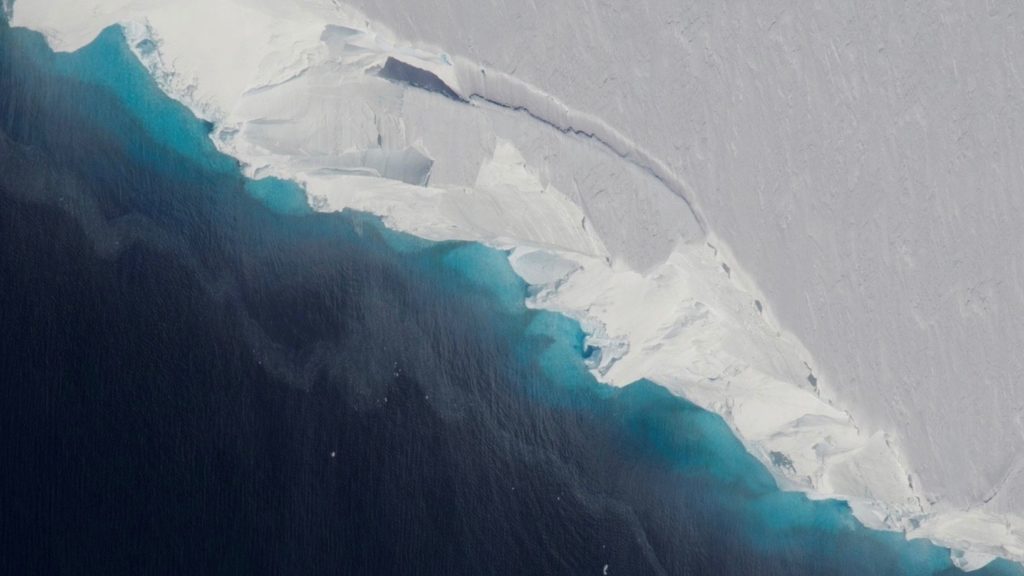
“Thwaites glacier is huge and contains vast amounts of ice above sea level that, if transported into the ocean, would affect global sea level significantly” researcher Dorotea Iovino on retreat and ice melt in West Antarctica. A NASA-led study has found that a giant, growing cavern two-thirds the area of Manhattan is contributing to the rapid melting of Antarctica’s Thwaites Glacier. Comment by Dorotea Iovino, CMCC scientist at the ODA – Ocean modeling and Data Assimilation Division
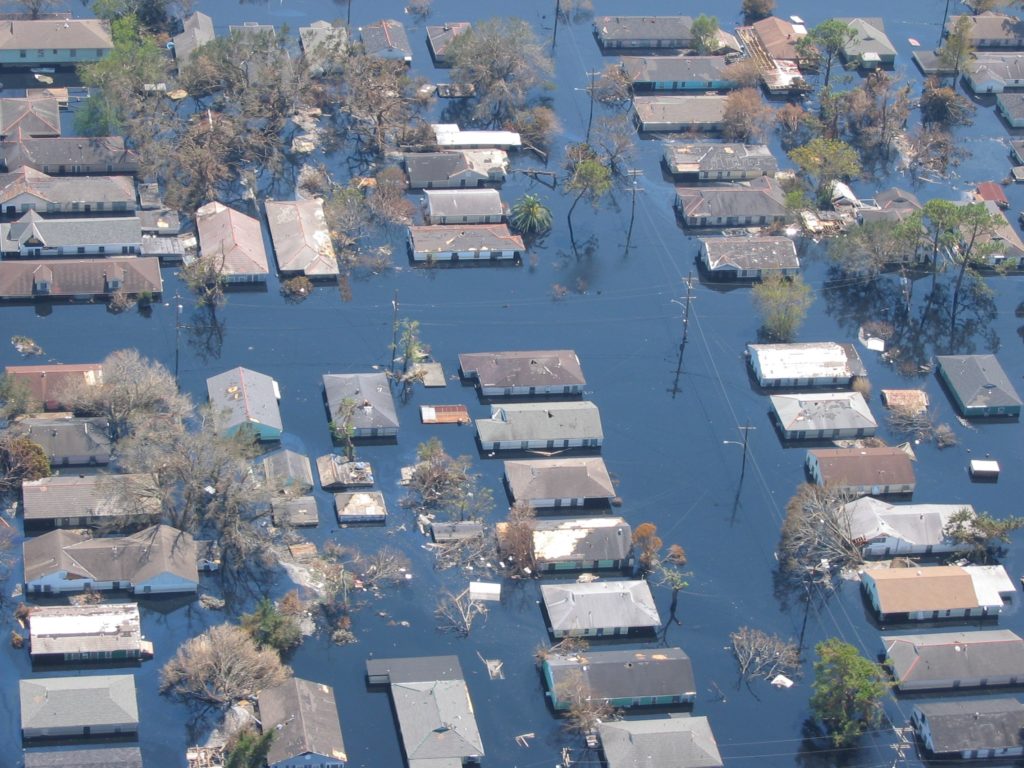
The 2019 edition of the annual World Economic Forum flagship publication lists extreme weather events, failure of climate-change mitigation and adaptation and natural disasters among the top five threats most likely to occur in the next 10 years.
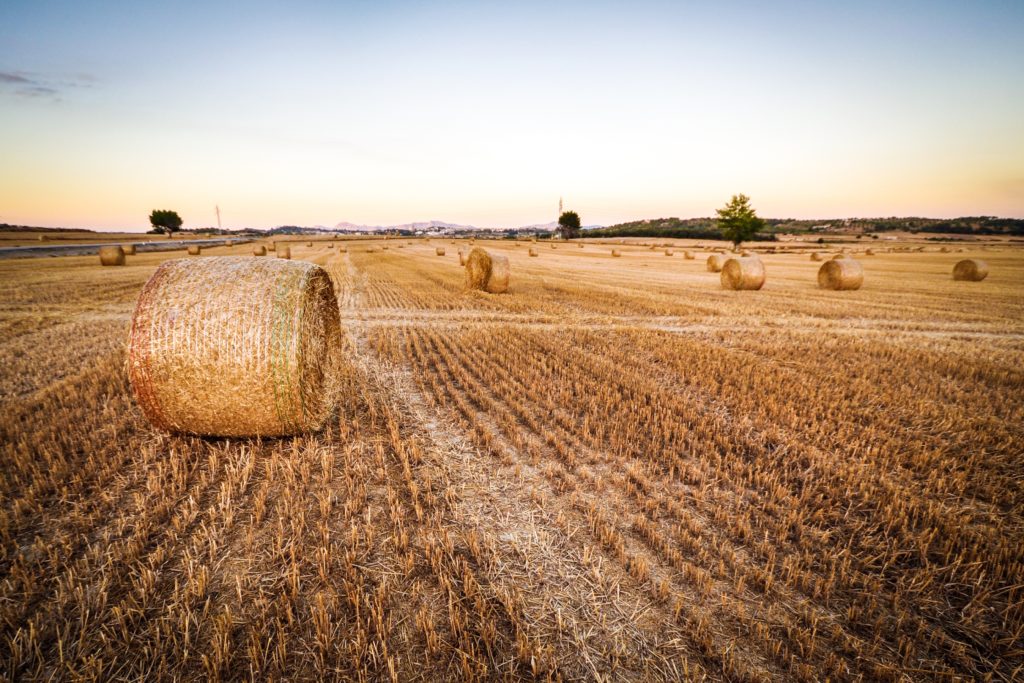
With an estimated 600 million cases of foodborne illnesses annually, unsafe food is a threat to human health and economies, disproportionally affecting vulnerable and marginalized people, especially women and children, populations affected by conflict and migrants. The First International Food Safety Conference will try to identify key actions and strategies to address current and future challenges to food safety globally while strengthening commitment at the highest political level to scale up food safety in the 2030 Agenda for Sustainable Development.

Continued warming of the Arctic atmosphere and ocean are driving broad change in the environmental system in predicted and, also, unexpected ways. New emerging threats are taking form and highlighting the level of uncertainty in the breadth of environmental change that is to come. A report tracking sea ice, snow cover, air temperature, ocean temperature, the Greenland ice sheet, vegetation and ecosystem changes during the 2018 calendar year.

Climate change, wildfires and water scarcity drive forest degradation says a new FAO-Plan Bleu report – The State of Mediterranean Forests.
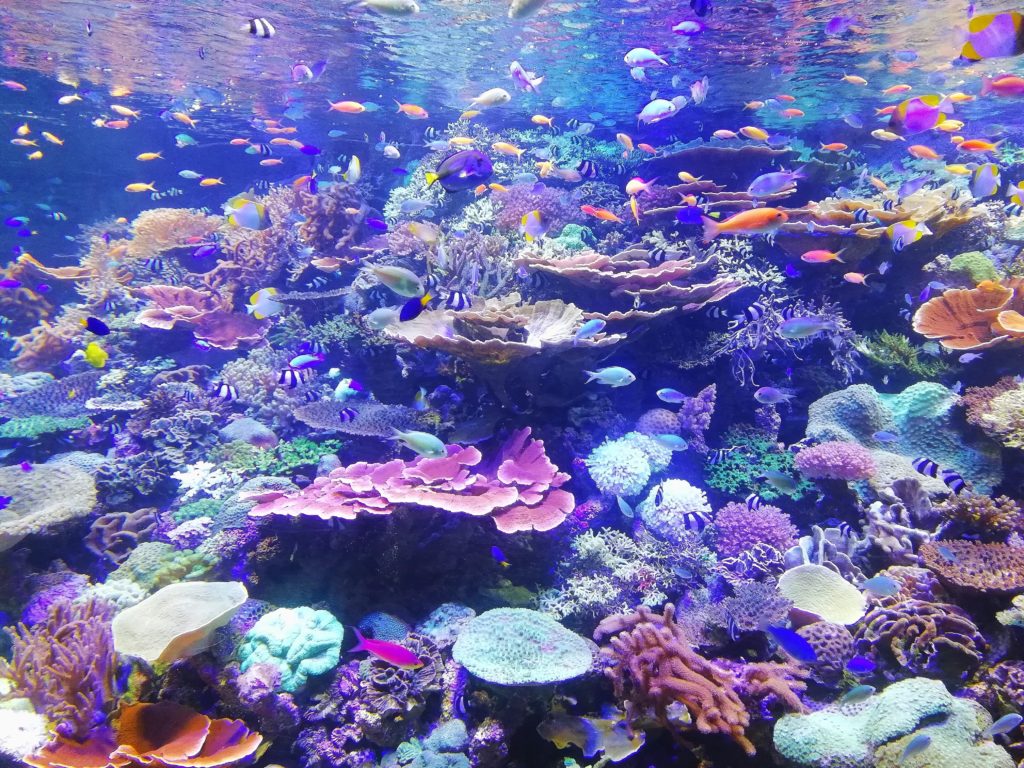
The value of ecosystem services is estimated at $125 trillion, just a few trillion less than the world’s total GDP, yet we are failing to